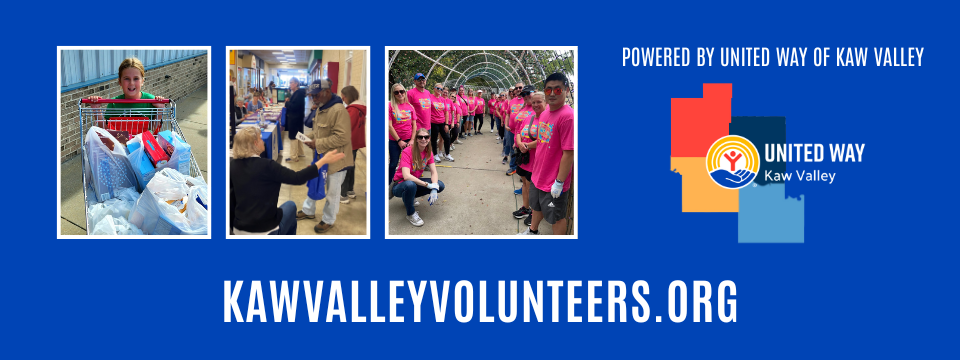Treatment Options
Social detox – Supervised, non-medical detoxification for women experiencing withdrawal from alcohol or other substances. Length of stay averages 2 to 3 days, with a comprehensive assessment and referrals for ongoing treatment completed prior to discharge.
Intensive short-term residential (Intermediate Level 3.3) – 40 hours of therapeutic and recovery oriented activities each week. Lengths of stay average three to four weeks, based on medical necessity and individual need.
Intensive Outpatient with Supportive Housing (IOP Level 2) – 9 to 15 hours of individual and group therapy weekly for women who do not need the intensity of residential treatment, but who require short term supported housing. Employment or school participation is expected.
Children's Services
DCCCA believes that women should not have to leave their children to participate in treatment. Children age 10 years and younger can live with their mothers at First Step at Lake View. Children receive special attention in the licensed child care facility, or attend school, while their mothers are involved in treatment activities. At meal times, at bedtime, or during leisure time, mothers may receive hands on teaching and role modeling from staff as they navigate the joys and challenges of parenting without substance use. Mothers are assisted in accessing community resources to address their children’s physical, emotional, and educational needs. Pregnant women participate in extensive well-baby services, often returning to First Step after their babies are born to continue their recovery journey.
Treatment Philosophy
At First Step at Lake View, we believe that women’s treatment needs extend beyond abstaining from alcohol and drug use. Our expanded services help reduce barriers to long term recovery. Parenting skills training, health and wellness services, referrals for domestic violence intervention and mental health services are just a few of the unique offerings. Case managers help women find employment, safe housing, or continue their education to ensure they can provide for themselves and their children upon discharge. Treatment focuses on a woman’s individual needs, using motivational interviewing, cognitive behavioral therapy and community based recovery programs.



